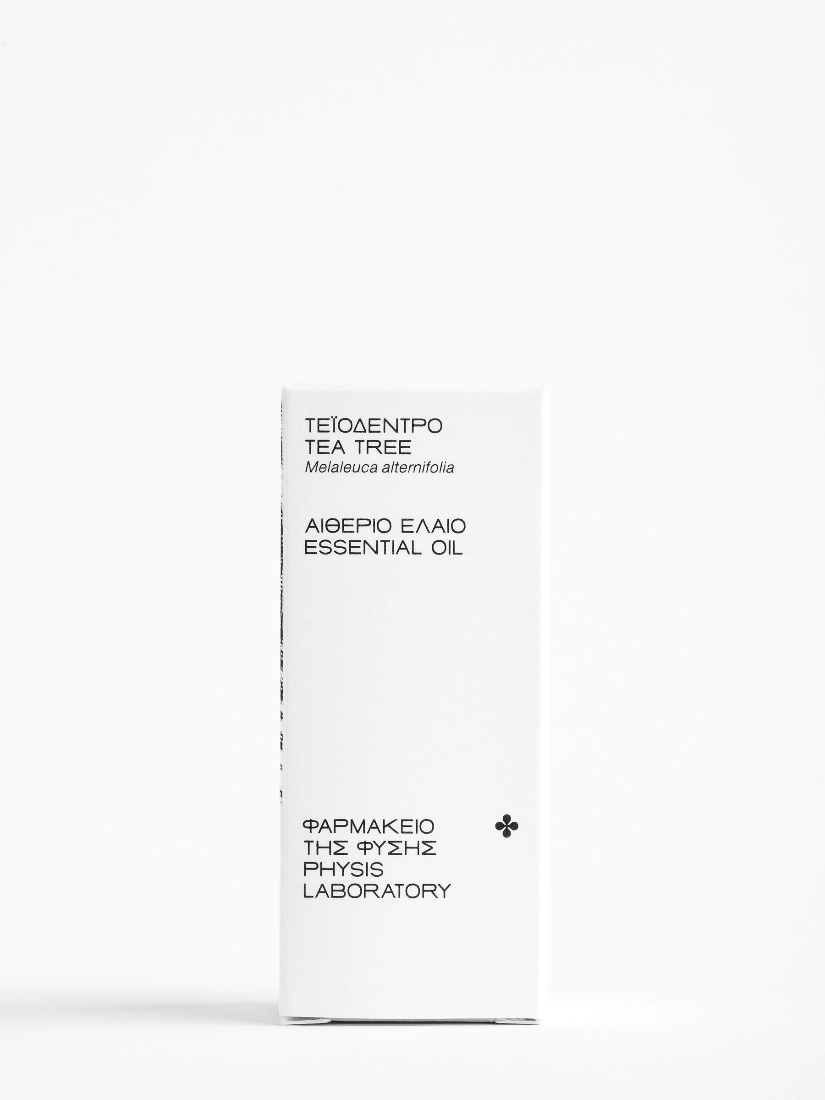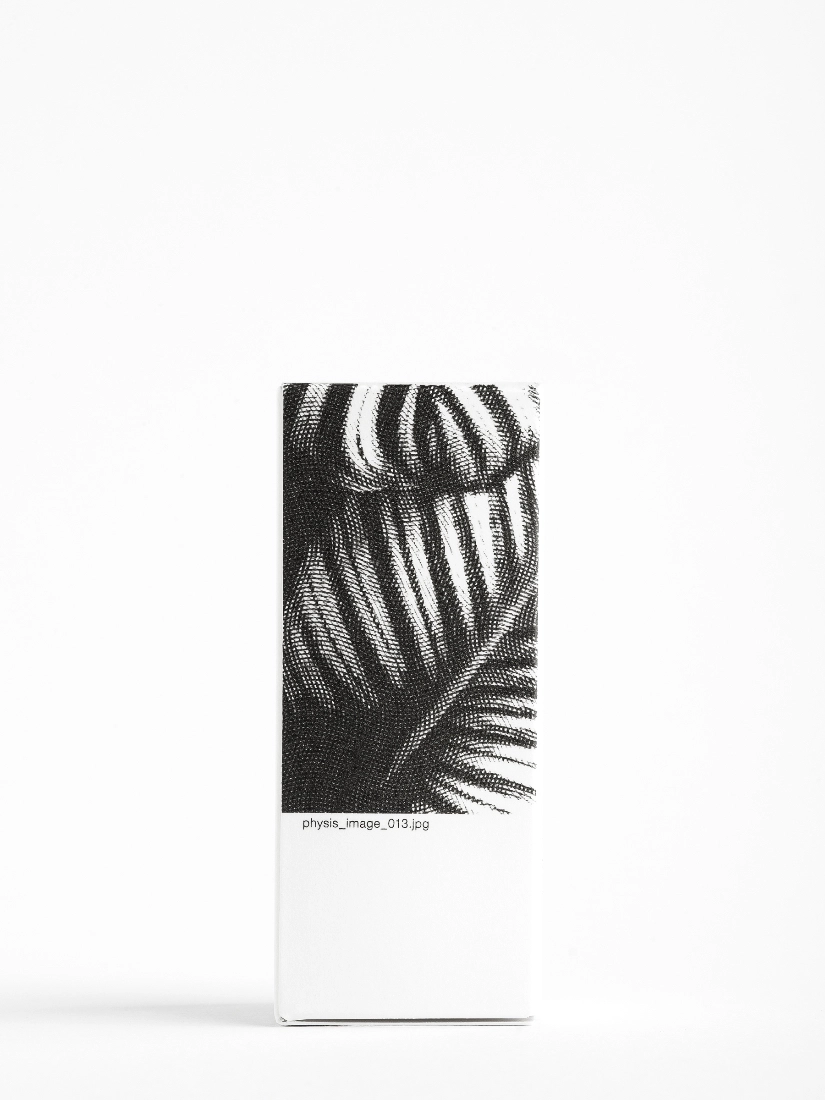To treat acne, apply topically onto the blemish. To treat dandruff and oily scalp, add 30 drops of essential oil to 100ml of the carrier oil of your choice (suitable to use on hair) and massage the scalp. To soothe sore throats, add 1-2 drops of essential oil to half a cup of water. Stir before gargling each mouthful and then spit. Repeat up to three times a day. Do not swallow. To relieve pain or arthritis symptoms and boost the immune system, add 6-8 drops of essential oil to warm water and relax in the bathtub for at least 10 minutes. Alternatively, add 15 drops of essential oil to 50ml of the carrier oil of your choice and apply topically. For bronchitis, asthma, the flu or the cold, add 6-10 drops of essential oil to the diffuser.

